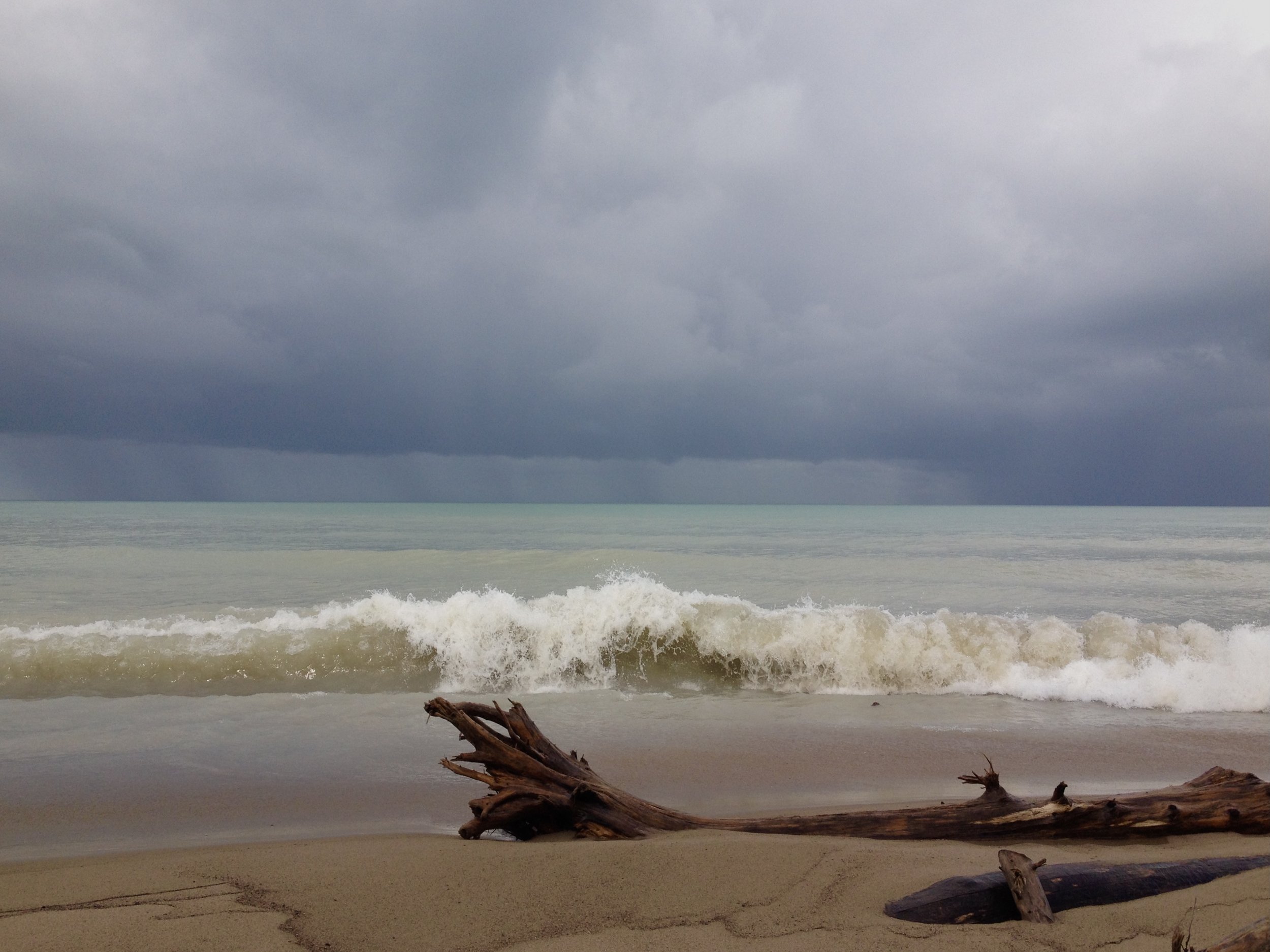About Marsha
I grew up in Sarnia’s south end, just down the street from the CNR switching yards where my father worked as the general yardmaster. The sound of boxcars shunting in the nighttime, the rotten egg smell emanating from the nearby petrochemical plants, and the vast expanse of Lake Huron, with its big waves and brilliant sunsets, were the reference points of my early life.
I left Sarnia for the University of Waterloo, where I obtained a bachelor's degree in psychology. I followed this with an LLB from Osgoode Hall Law School, and more recently, an MFA in Creative Nonfiction from the University of King's College in Halifax.
I spent my first years in legal practice with a small firm of five young men who had a talent for attracting business, and functioned as a group of brothers: close, intense, and combative. It was my most vivid learning experience. My work as a litigator was mainly in family law, often representing impoverished women looking to escape abusive relationships. I later worked in the administrative justice system in Ontario, as counsel, vice chair, and finally executive director to a tribunal. The clients in this system were men and women injured at work, seeking justice in a legal system that was too often incapable of delivering it.
As time went on, I realized that the most important driver of my life as a lawyer was not a love of the law, but of people and the stories of life and work I encountered in my various roles — people whose lives were disrupted by conflict, or destroyed by injury or illness. When I decided to bring that chapter of my life to a close, I turned to writing nonfiction as a way of exploring stories of injustice without the constraints of the roles I played in the justice system. The story of my husband’s parents, who experienced some of the greatest injustice that can be inflicted on the powerless, was an obvious choice for my first book. These days, I’m looking closer to my first home at the uneasy relationship between the petrochemical industry in Sarnia and those who are affected by it: the lake and river, the people of Sarnia, and the members of the nearby First Nations reserve, the Aamjiwnaang, on whose ancestral lands those chemical plants sit.
I spent my working life in Toronto. Although I love the combination of big city energy with the natural world of the city's ravines, trails, and location on Lake Ontario, I have recently retreated to the shores of Lake Huron, which still feels like my natural home.

